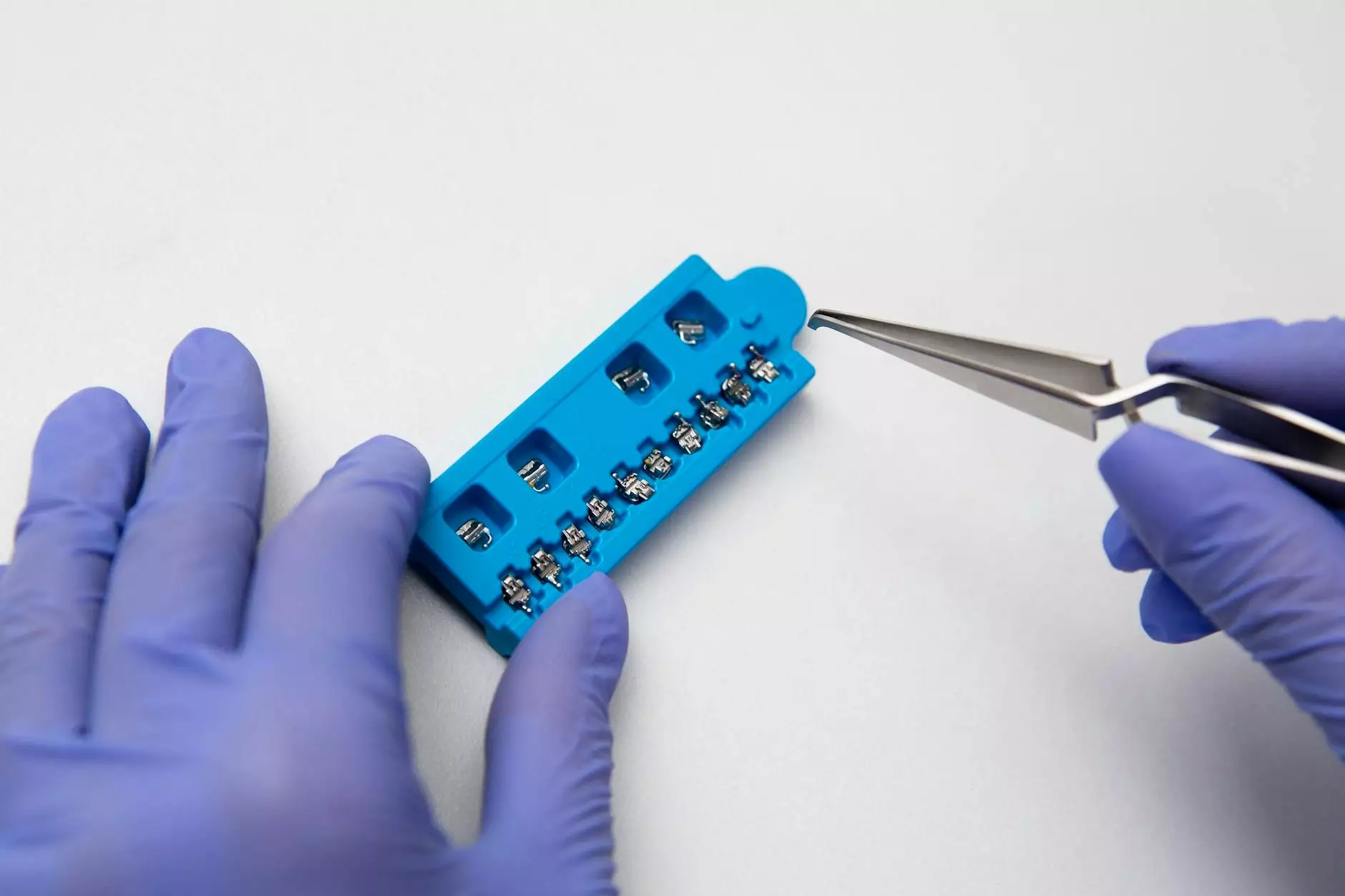Understanding Dental Crowns on the NHS: Essential Insights

Dental crowns are a common dental restoration that has been a significant procedure within the NHS (National Health Service) framework. They are designed to encase a damaged tooth, restore its shape, size, strength, and aesthetic appearance. In this comprehensive guide, we will delve into various aspects of dental crowns within the NHS, including types, benefits, costs, and the procedure involved.
What is a Dental Crown?
A dental crown is a cap-like structure that covers a tooth to restore its functionality and appearance. Crowns can be made from different materials, including metal, porcelain, and resin. They are often used in cases where a tooth has become decayed, cracked, or is weakened due to extensive dental work.
Why Are Dental Crowns Necessary?
Dental crowns serve several essential functions in dentistry, particularly under the NHS:
- Protection: They protect a weak tooth from further damage.
- Support: Crowns can support a tooth that has a large filling, where little tooth structure remains.
- Alignment: They help in aligning your bite properly.
- Aesthetic Enhancement: Crowns can enhance the appearance of discolored or misshapen teeth.
- Post-Root Canal Treatment: Often, a crown is necessary to protect and restore a tooth following a root canal treatment.
Types of Dental Crowns Offered by NHS
The NHS provides a range of dental crowns that cater to different needs and preferences:
1. Stainless Steel Crowns
Stainless steel crowns are pre-made and useful for temporary support. They are often used in children's dentistry due to their strength and durability.
2. Acrylic Crowns
Acrylic crowns are typically used as a temporary solution while waiting for a permanent crown to be fabricated. They offer an aesthetic advantage but may not be as durable.
3. Metal Crowns
Metal crowns, often made from gold or other alloys, are incredibly strong and resistant to wear. They are an excellent option for back teeth where cosmetic appearance is less of a concern.
4. Porcelain-Fused-to-Metal Crowns
These crowns combine the strength of metal with the aesthetics of porcelain. They are a perfect choice for front or back teeth, providing a good balance of durability and appearance.
5. All-Porcelain Crowns
All-porcelain crowns offer the best aesthetic result, closely resembling natural teeth. They are often used for front teeth restoration but may not be as durable as other options.
The Procedure for Getting a Dental Crown on the NHS
Getting a dental crown under the NHS is a straightforward process that generally involves two appointments:
1. First Appointment
During the first visit, your dentist will assess the condition of the affected tooth. They may take X-rays to evaluate the root and underlying bone. If the tooth is deemed viable, the dentist will begin by preparing the tooth:
- Shaping the Tooth: The dentist will file or grind down the tooth to fit the crown snugly.
- Taking Impressions: An impression of the prepared tooth will be taken using dental putty or digital imaging.
- Temporary Crown: A temporary crown may be placed to protect the tooth while the permanent crown is being made.
2. Second Appointment
Your second appointment typically occurs a couple of weeks later. During this visit:
- Removing the Temporary Crown: The dentist will carefully remove the temporary crown.
- Fitting the Permanent Crown: The custom-made crown is tried on for fit, color match, and comfort.
- Cementing the Crown: Once everything is satisfactory, the crown is permanently cemented in place.
The Costs Associated with Dental Crowns on the NHS
One of the significant benefits of receiving dental treatment under the NHS is that costs are often subsidized. Dental services within the NHS are divided into three bands based on complexity and treatment:
- Band 1: Covers an examination, diagnosis, advice, and any necessary treatment. Typically minimal cost.
- Band 2: Includes more complex services such as fillings, extractions, and treatment of gums. This band would cover the cost of a crown.
- Band 3: For more complex procedures, including crowns, bridges, or dentures—higher fees apply.
Private dental practices may charge more, so it is advisable to check with your dentist about NHS pricing beforehand.
Benefits of Getting a Dental Crown on the NHS
Choosing to get a dental crown through the NHS has several advantages:
- Affordability: Reduced costs compared to private dental care.
- Access to Skilled Dentists: NHS dentists are trained professionals providing quality care.
- Comprehensive Care: The process involves thorough assessments and follow-ups.
- Relief from Discomfort: Crowns can alleviate pain from damaged teeth and improve functionality.
- Enhanced Confidence: Improved appearance of teeth can lead to boosted self-esteem.
Post-Procedure Care and Maintenance for Dental Crowns
After receiving a dental crown, proper care is critical to ensure its longevity:
- Good Oral Hygiene: Brush and floss regularly to prevent decay around the crown.
- Regular Dental Check-ups: Frequent visits to your dentist allow for monitoring the crown and overall oral health.
- Avoid Hard Foods: Be cautious with hard or sticky foods that could dislodge or damage the crown.
- Address Sensitivity: Some patients may experience temperature sensitivity; consult your dentist if it persists.
Conclusion: The Importance of Dental Crowns in Oral Health
Dental crowns are pivotal in restoring and maintaining oral health. They not only enhance the aesthetics of your smile but also provide necessary protection and functionality to your teeth. Under the NHS, patients have the opportunity to access high-quality dental care at a fraction of the cost. If you think you may need a dental crown NHS, consult your dentist to explore your options and take the first step toward improved oral health.
WUPDOC – Your trusted resource for doctors, health & medical information, and medical centers in your area.








